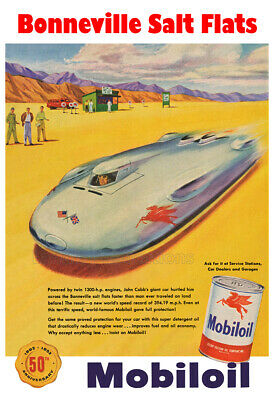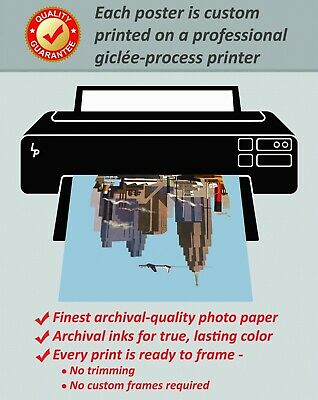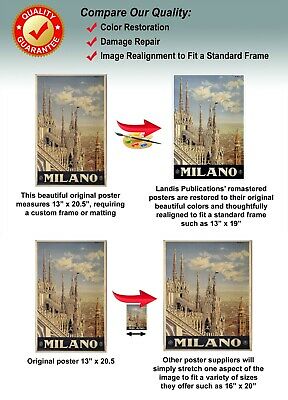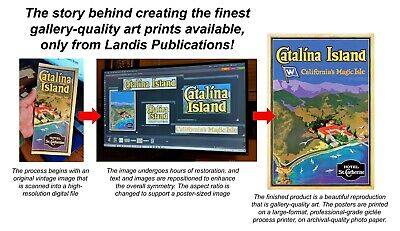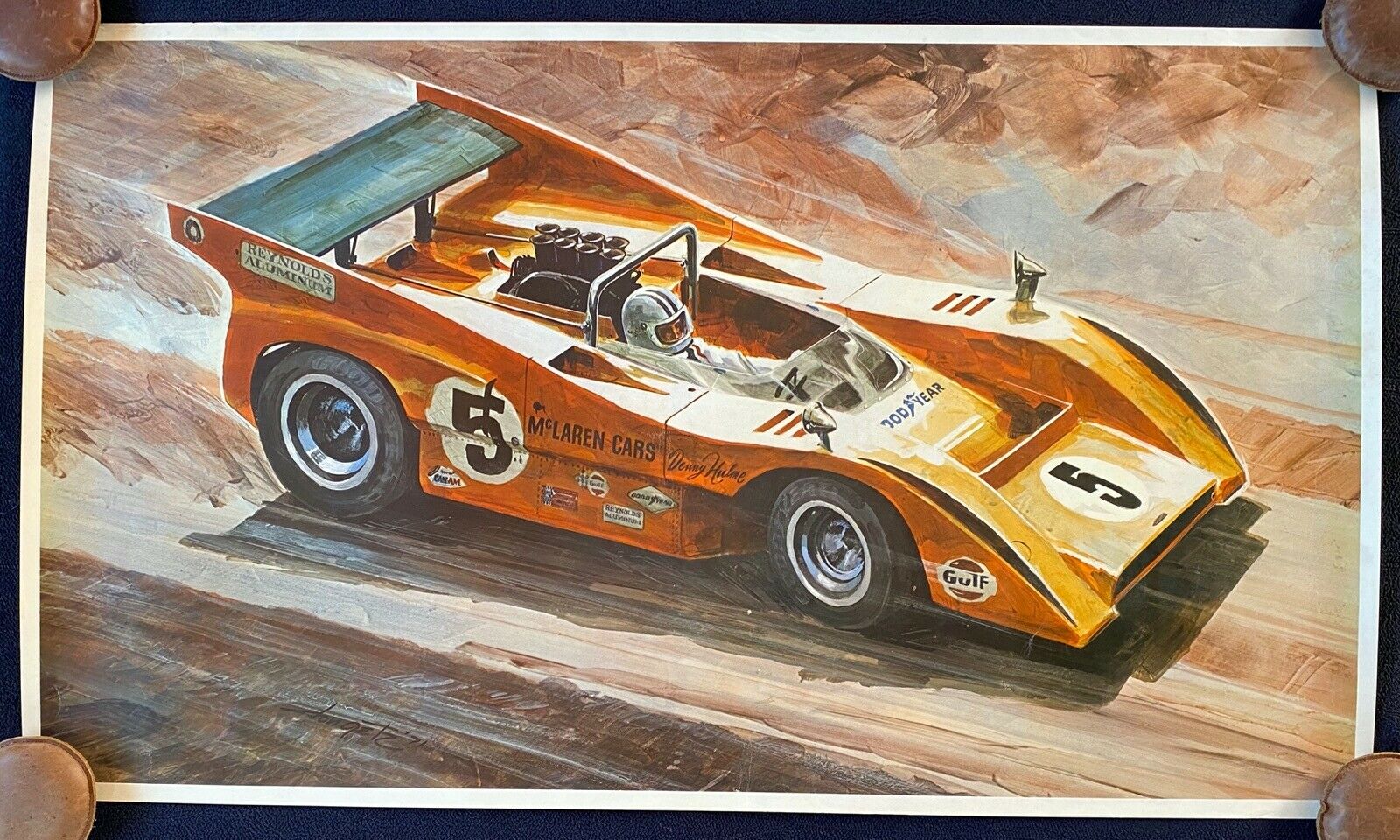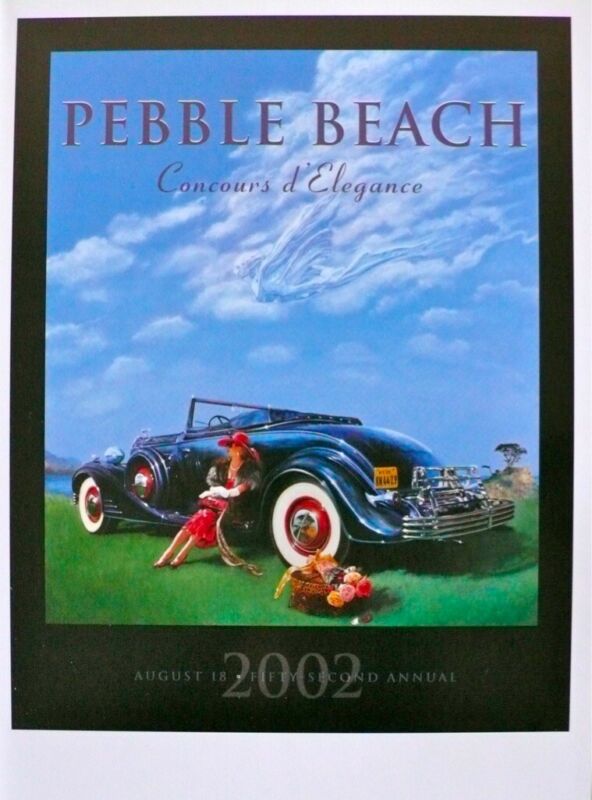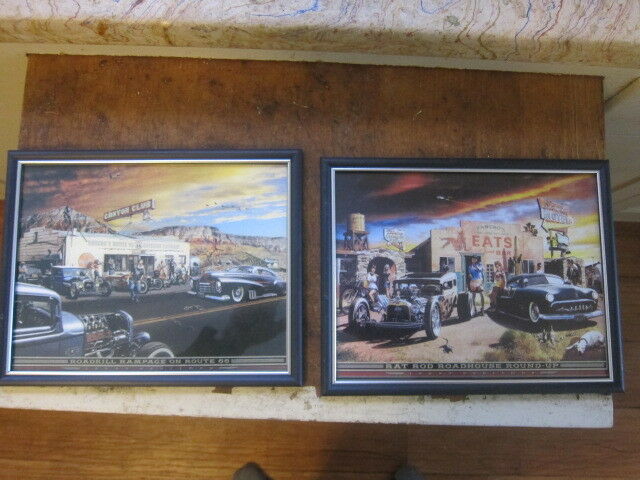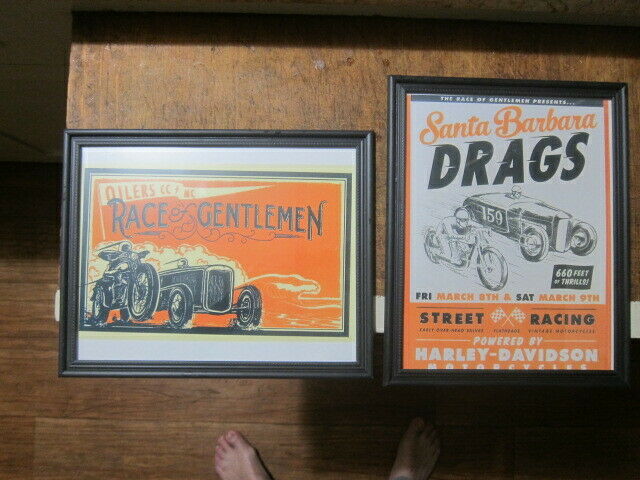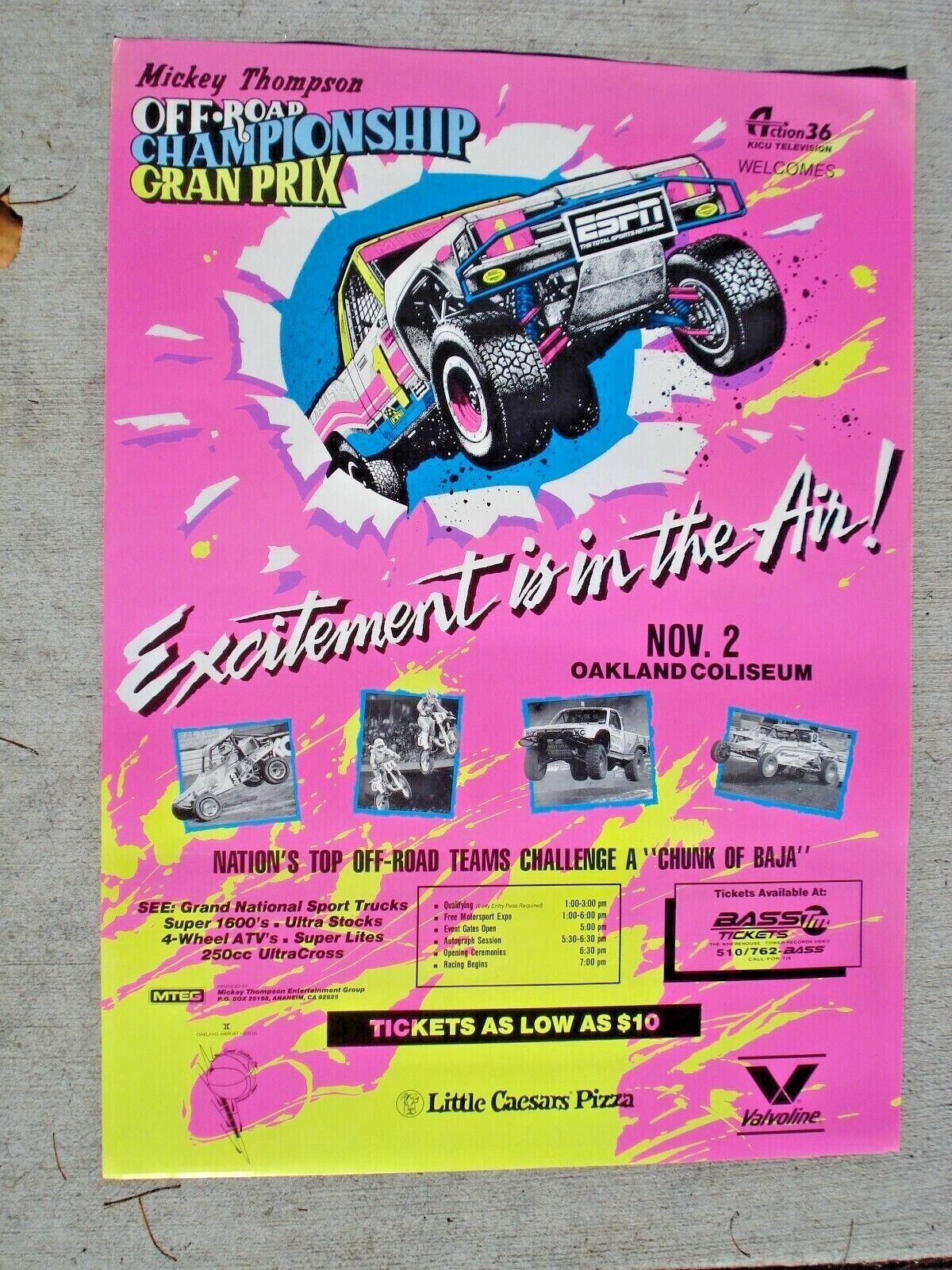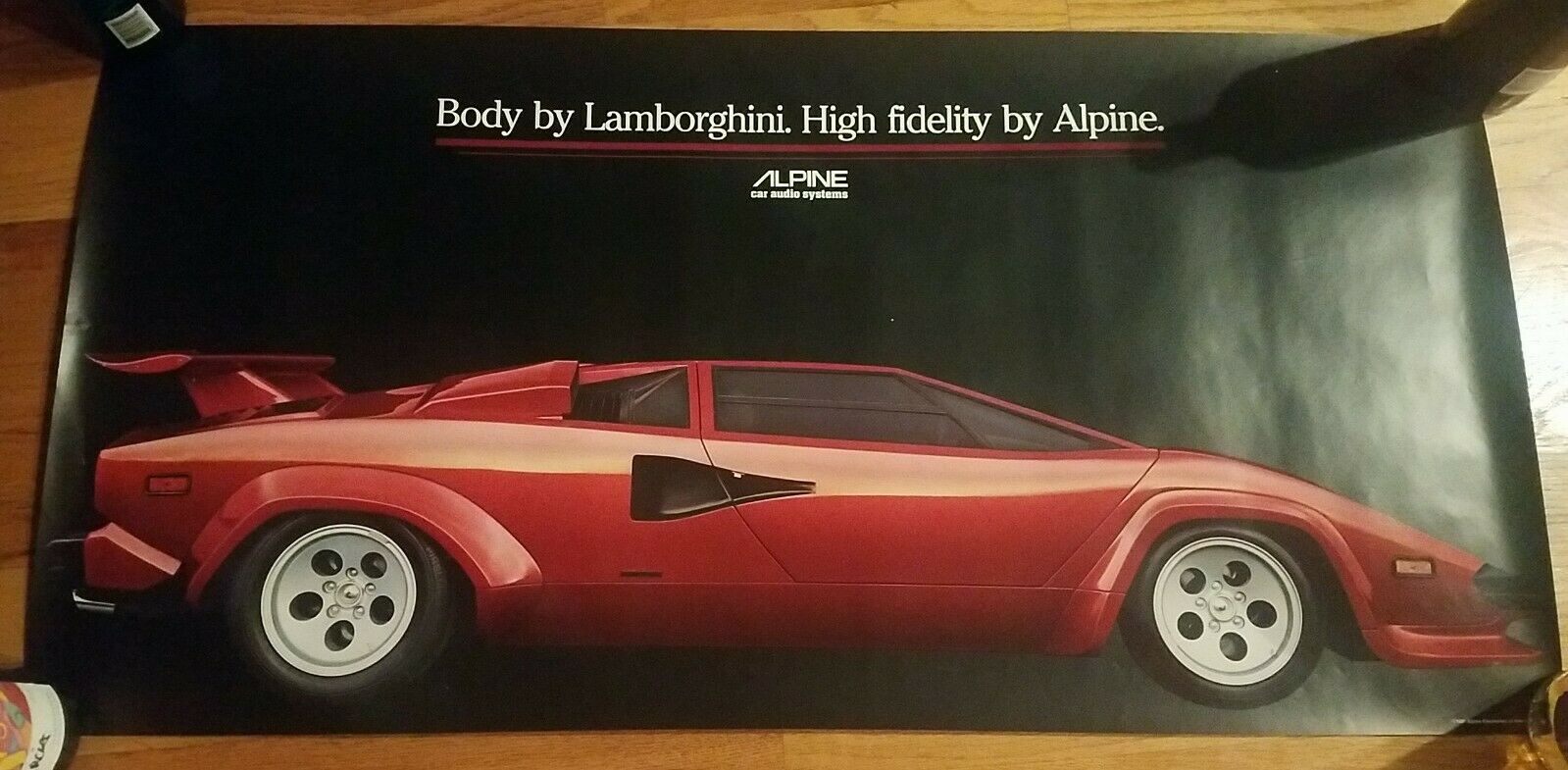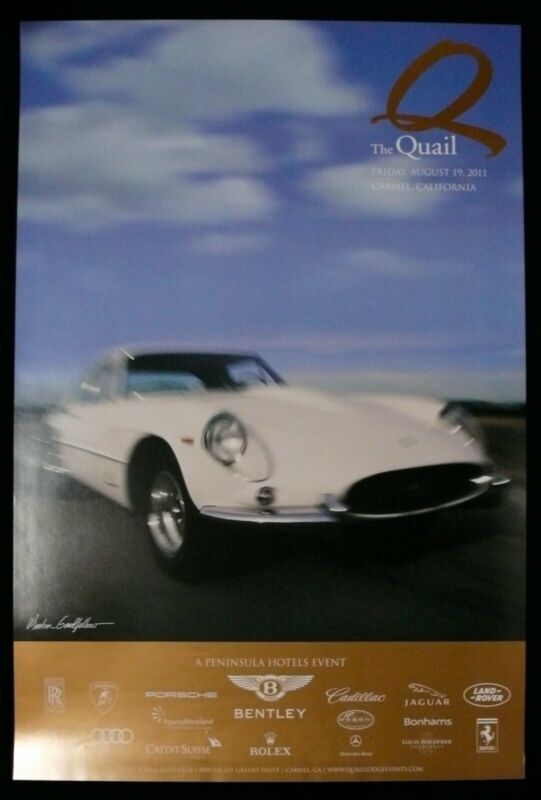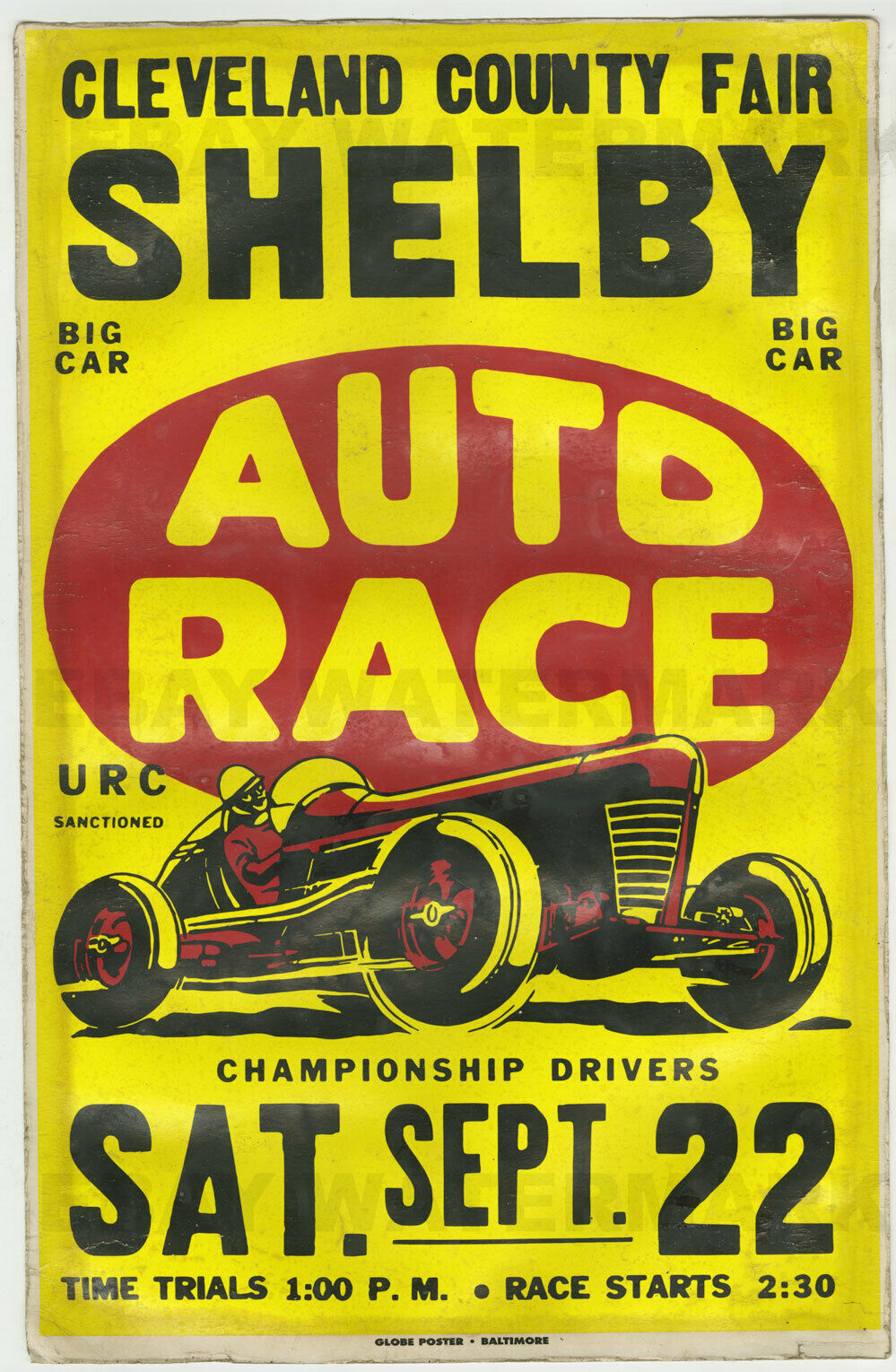-40%
1953 Bonneville Salt Flats – John Cobbs, Railton Special Vintage Poster
$ 10.53
- Description
- Size Guide
Description
These are simply the best posters available! You will be thrilled with the image quality, vivid colors, fine paper, and unique subjects. This is an original image that has been transformed into a beautiful poster - available exclusively from Landis Publications.
OUR POSTERS ARE SIZED FOR STANDARD OFF-THE-SHELF FRAMES, WITH NO CUSTOM FRAMING REQUIRED, PROVIDING HUGE COST SAVINGS!
This beautiful poster has been re-mastered from a 1953 advertisement for Mobil Oil, featuring John Cobb’s “Mobil Railton Special” racer at Bonneville Salt Flats, in Utah.
The vibrant colors and detail of this classic image have been painstakingly brought back to life to preserve a great piece of history.
The high-resolution image is printed on heavy archival photo paper, on a large-format, professional giclée process printer. The poster is shipped in a rigid cardboard tube, and is ready for framing.
The 13"x19" format is an excellent image size that looks great as a stand-alone piece of art, or as a grouped visual statement. These posters require
no cutting, trimming, or custom framing
, and a wide variety of 13"x19" frames are readily available at your local craft or hobby retailer, and online.
A great vintage print for your home, shop, or business!
JOHN COBB AND THE RAILTON MOBIL SPECIAL
John Rhodes Cobb (2 December 1899 – 29 September 1952) was an early to mid-20th century English racing motorist. He was three times holder of the World Land Speed Record, in 1938, 1939 and 1947, set at Bonneville Salt Flats, in Utah, US. He was awarded the Segrave Trophy in 1947. Cobb was killed in 1952 while piloting a jet powered speedboat attempting to break the World Water Speed Record on Loch Ness water in Scotland.
Driving the piston-engined, wheel-driven Railton Special, he broke the World Land Speed Record at Bonneville salt flats on 15 September, 1938 by achieving 350 miles per hour. He broke it a second time at the same site on 23 August 1939, achieving 369 miles per hour.
RAILTON MOBIL SPECIAL
The Railton Special, later rebuilt as the Railton Mobil Special, is a one-off motor vehicle designed by Reid Railton and built for John Cobb's successful attempts at the land speed record in 1938. It is currently on display at Thinktank, Birmingham Science Museum, England.
The vehicle was powered by two supercharged Napier Lion VIID (WD) W-12 aircraft engines. These engines were the gift of Marion 'Joe' Carstairs, who had previously used them in her powerboat Estelle V. Multiple engines was not a new technique, having already been used by the triple-engined White Triplex and the Railton Special's contemporary rival, Captain Eyston's twin-engined Thunderbolt. With the huge powers thus available, the limitation was in finding a transmission and tyres that could cope. Reid Railton found a simple and ingenious solution to this by simply splitting the drive from each engine to a separate axle, giving four-wheel-drive.
The vehicle weighed over 3 tons and was 28 ft 8 in (8.74 m) long, 8 ft (2.4 m) wide and 4 ft 3 in (1.30 m) high. The front wheels were 5 ft 6 in (1.68 m) apart and the rear 3 ft 6 in (1.07 m). The National Physical Laboratory's wind tunnel was used for testing models of the body.
On 15 September 1938, the Railton Special took the land speed record from Thunderbolt at 353.30 mph (568.58 km/h), also being the first to break the 350 mph (560 km/h) barrier. Eyston re-took the record within 24 hours (357.50 mph / 575.34 km/h), holding it again until Cobb took it a year later on 23 August 1939 at a speed of 369.70 mph (594.97 km/h).
After the Second World War further development and sponsorship by Mobil Oil led to renaming as the Railton Mobil Special. It was the first ground vehicle to break 400 mph (640 km/h) in a measured test. On 16 September 1947 John Cobb averaged 394.19 mph (634.39 km/h) (385.6 & 403.1) over the measured mile in both directions to take the world land speed record, before the American Goldenrod set a new mark for piston-engined, wheel-driven LSR cars eighteen years later.
